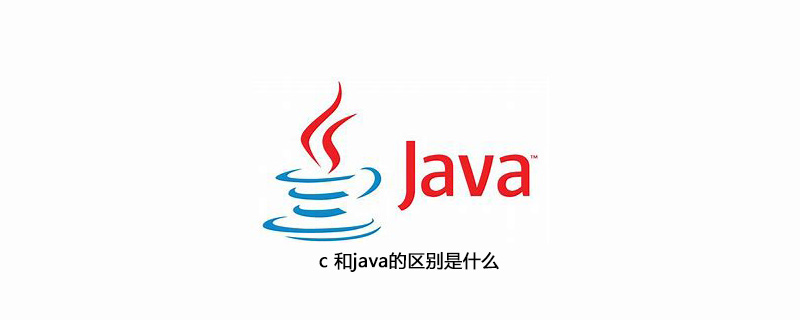

Java and C are both imperative languages (Imperative Language). The difference is that Java has object-oriented (OO) components in it, while C is completely process-oriented. C’s high-level Version C and C# support object-oriented.
Another difference is that Java is cross-platform, and different operating systems can interpret Java programs through the JVM, while C, C, and C# are platform-related, and some instructions are only available on certain operating systems. to be executed. The specific reason is that Java is an interpreted language, and all codes will be translated into unified, system-independent bytecode, and then run on the JVM; while C is a compiled language, and the code must first be converted into system-related bytecode through the compiler. intermediate code before it can be run.
Another difference is that Java does not support system calls and cannot interact with the operating system. This is determined by its cross-platform characteristics, while C can call instructions in the system, such as fork() . This is why there is only the concept of thread (Thread) in Java but not the concept of process (Process), while C has both.
Furthermore, Java cannot control memory, while C can artificially allocate memory through pointers.
Another point is that Java has a Gabbage Collection mechanism that can automatically reclaim space that is no longer used, while C uses the free() function to release space.
In general, Java is easier to get started and faster to learn, but it is not as helpful as C for understanding programming languages.
php Chinese website, a large number of free Java introductory tutorials, welcome to learn online!
The above is the detailed content of What is the difference between c and java. For more information, please follow other related articles on the PHP Chinese website!
 java
java
 The difference between static web pages and dynamic web pages
The difference between static web pages and dynamic web pages
 java regular expression syntax
java regular expression syntax
 What is the difference between 4g and 5g mobile phones?
What is the difference between 4g and 5g mobile phones?
 The difference between k8s and docker
The difference between k8s and docker
 Is it difficult to learn Java by yourself?
Is it difficult to learn Java by yourself?
 java configure jdk environment variables
java configure jdk environment variables
 The difference between JD.com's self-operated flagship store and its official flagship store
The difference between JD.com's self-operated flagship store and its official flagship store